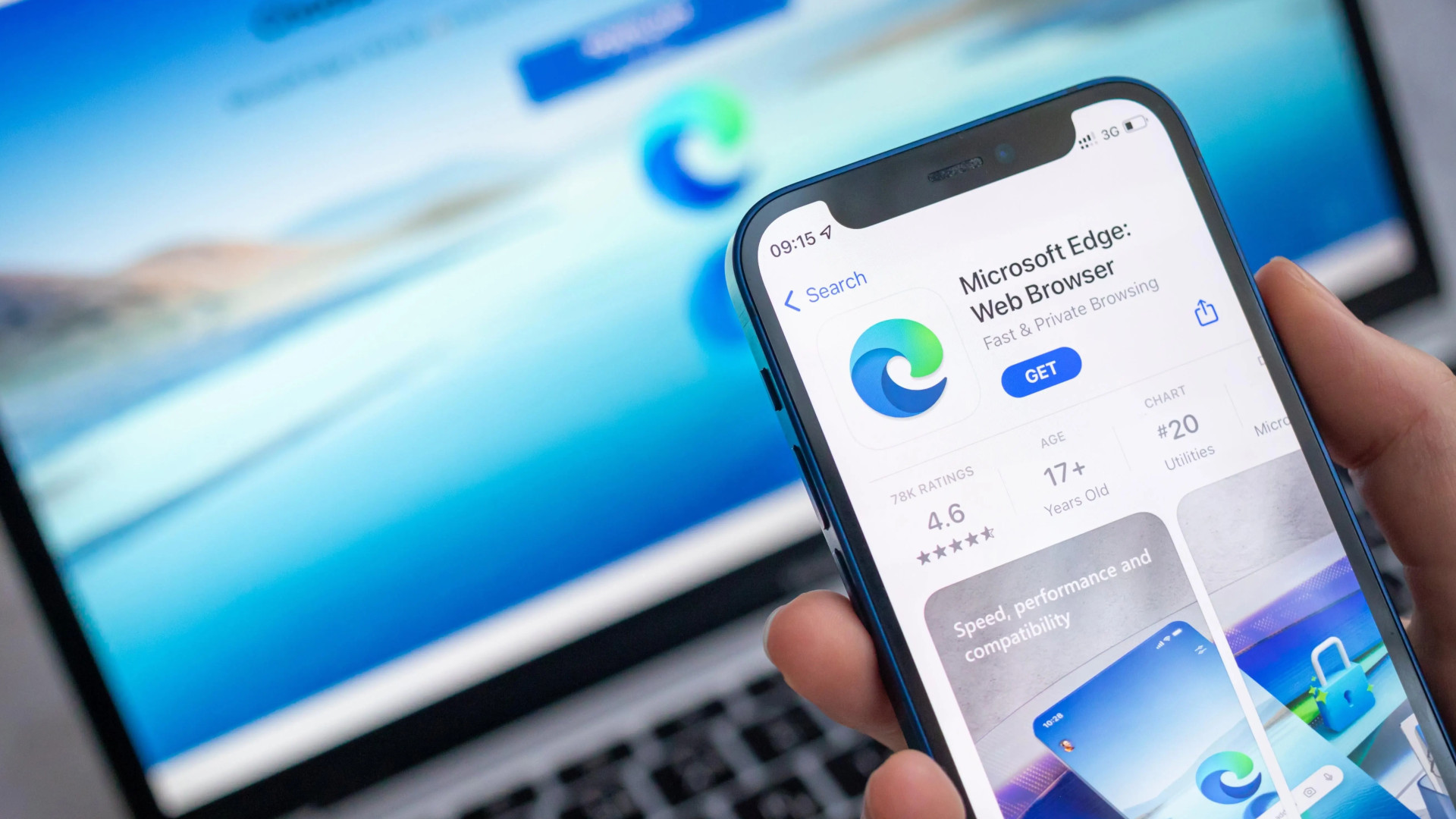A second Windows 11 bug takes suspicious aim at Google Chrome — and the same Microsoft app is to blame
A fluke frustration, or working as intended?

Sign up to receive The Snapshot, a free special dispatch from Laptop Mag, in your inbox.
You are now subscribed
Your newsletter sign-up was successful
Last Friday, we reported on an issue in Windows 11 where Google Chrome would simply refuse to launch. Chrome’s support manager, Ellen T., confirmed that the team had investigated the problem and pinned it on Microsoft's Family Safety feature, but users were provided with a quick workaround instead of an official fix.
The workaround? Either disable the “Filter inappropriate websites” option under Family Safety or, oddly enough, rename the Chrome.exe file to Chrome1.exe.
Microsoft still hasn’t rolled out an official fix, but it has finally acknowledged the issue while confirming another bug impacting Chrome users, too.
Chrome’s still the main target in Microsoft’s latest bug
As reported by Neowin, Microsoft confirmed one more issue affecting Google Chrome users on Windows via a new Microsoft Learn entry. The entry was opened on Tuesday, June 24, and it hasn’t been updated since.
The new bug Microsoft has identified also has to do with the Family Safety feature that caused the issue we reported on earlier. However, instead of the feature causing Chrome to crash entirely, the feature just… doesn’t work.
The Redmond-based giant explains that the Web Content Filtering system relies on a block list to prevent browsers from accessing inappropriate search results and websites.
Unless a browser version is added to the block list, it won’t be, well, blocked — even if content filtering is turned on for the account. Something that, in the Microsoft Learn entry, the tech giant admitted to not having done with the latest version of Chrome and several other browsers.
Sign up to receive The Snapshot, a free special dispatch from Laptop Mag, in your inbox.

Due to this mistake on Microsoft’s end, the browsers not added to the list might temporarily appear unblocked. Thankfully, Microsoft confirmed that it’s currently working on updating the block list.
The Redmond-based giant also touched on the issue we’ve already talked about in our previous article, which is causing Google Chrome and “some browsers” to shut down unexpectedly. PCs with Parental Controls enabled typically receive a parental approval message: “You’ll need to ask to use this app.”
Once a parent approves, the child gains access to the browser. However, this bug is causing the browser to shut down immediately without the prompt even appearing. Microsoft has pinpointed that this issue is only observed when the Activity reporting feature is disabled.
The suggested workaround is to enable Activity reporting under Windows settings in Family Safety. Once the feature is enabled, parents will begin to receive approval requests as usual.
The issues discussed above are affecting Windows 10 version 22H2 and Windows 11 versions 22H2, 23H2, and 24H2.
Is this another sneaky push toward Microsoft Edge?
Microsoft’s confirmed that it’s actively working on resolving both the above issues, and will update the support document when it has more information. What’s great is that the tech giant has finally acknowledged the issue and provided a workaround to the Google Chrome crashing problem.
Considering Microsoft has had quite the rocky history with Google Chrome, it’s frankly a bit odd that both issues seem to primarily be affecting Chrome.

Microsoft has a history of targeting Chrome (the world's most popular web browser) directly in various ways, including publishing a guide on “how to uninstall Google Chrome,” displaying pop-up ads promoting Edge in the Chrome app, and interrupting users who search for Google Chrome using its Edge browser, just to name a few.
Are both bugs genuine, or are they simply another attempt by Microsoft to push users toward Edge instead of Chrome? In this instance, I guess we’ll never know.
More from Laptop Mag

Mahnoor Faisal is a freelance tech journalist who began her professional writing journey in 2021. While she got her start as an iOS writer, she’s expanded her beat over the years and now focuses on both the mobile and laptop side of the tech world. Her work has appeared across outlets like MakeUseOf, XDA Developers, MUO, SlashGear, Android Police, The Mac Observer, and, of course, Laptop Mag.
Mahnoor’s an Apple enthusiast at heart but loves reporting on all things tech. When she’s not writing or cramming for another college exam, you’ll find her either mindlessly scrolling through TikTok for hours like every other Gen Z-er or hanging out with her friends.
